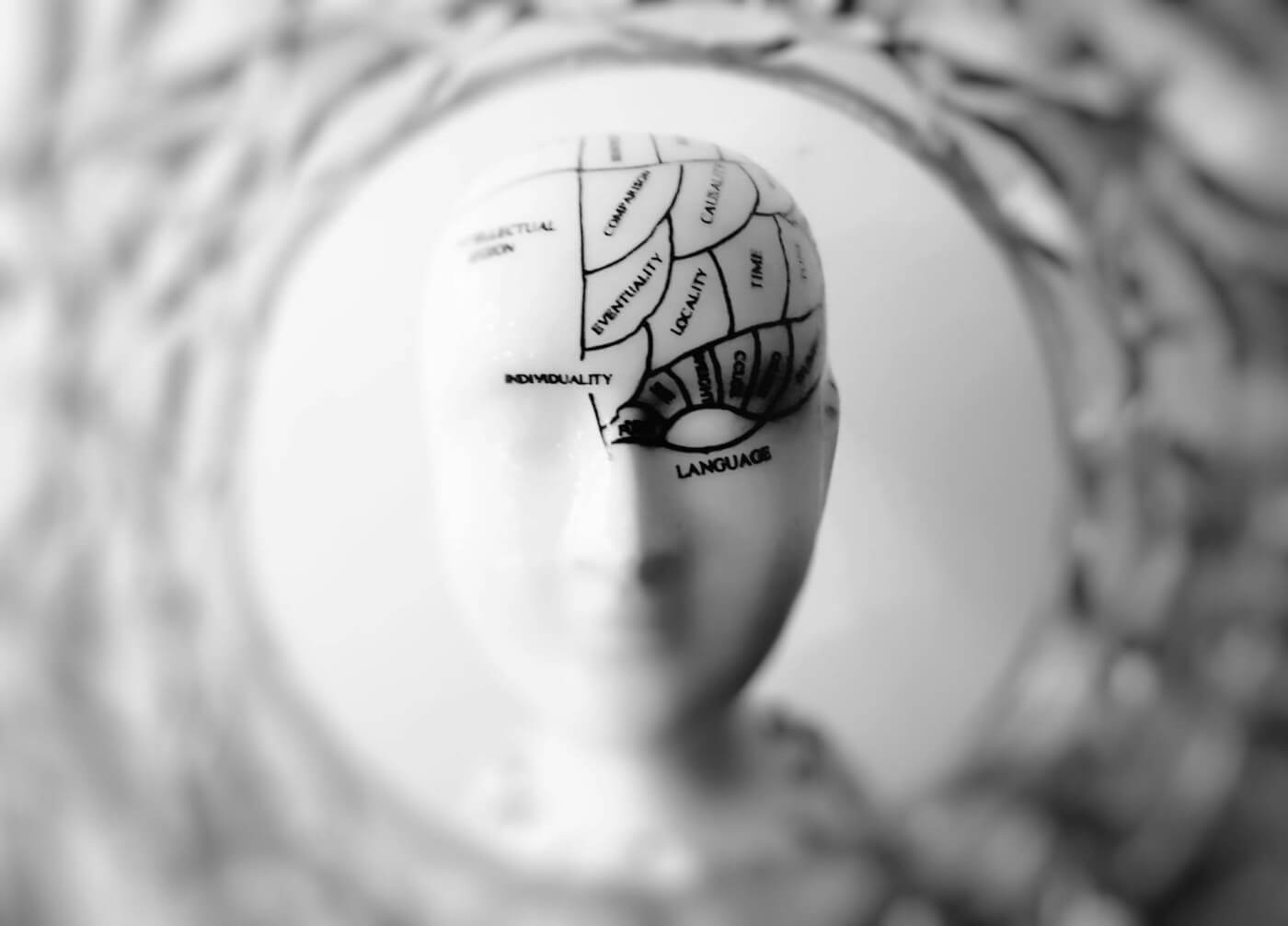Meditation has long been used as a tool to induce relaxation and manage stress. By encouraging focused attention and mindfulness, individuals are able to shift their mindset away from the incessant chatter of daily life and towards a state of calmness. This practice can help to ease the mind and reduce the physiological responses associated with stress, such as increased heart rate and blood pressure.
Research indicates that regular meditation not only aids in decreasing immediate stress but also contributes to an overall reduction in the experience of stress over time. Meditation practices, such as mindfulness meditation, instil a sense of control and self-awareness, enabling individuals to handle stressful situations more effectively. Through techniques that involve breath control, visualisation, and body scanning, meditation offers a reprieve from the cycle of stress, tension, and anxiety.
The effects of meditation on stress management are not merely subjective; scientific studies suggest that meditation can lead to changes in the brain and the body that promote a healthier response to stress. These include a reduction in the production of stress hormones, an increase in stress resilience, and improvements in mood and emotional regulation. As an accessible and non-pharmacological intervention, meditation can therefore serve as a valuable component of a comprehensive approach to stress management.
Understanding Stress and the Role of Meditation
In addressing the interplay between stress and meditation, it’s crucial to understand how stress affects health and how meditation serves as a tool for stress management.
The Science of Stress and Its Impact on Health
Stress, a response to perceived threats or demands, triggers the release of hormones like cortisol, which prepares the body for a ‘fight or flight’ reaction by increasing heart rate and blood pressure. Chronic stress, however, can lead to health problems, including anxiety, depression, and an increased risk of heart disease. Continual elevation of stress hormones adversely affects both mood and mental health, with mindfulness-based therapies aiming to mitigate these effects.
Fundamentals of Meditation for Stress Management
Meditation for stress management often starts with finding a comfortable position and invoking a state of relaxation to calm the mind. Mindfulness meditation, a prominent method within mindfulness-based stress reduction (MBSR) programmes, cultivates a non-judgmental awareness of the present moment. By focusing on breath and body sensations, individuals learn to observe thoughts and feelings without attachment, fostering inner peace and improving overall mental health.
Specific Meditation Techniques for Stress Relief
Numerous meditation techniques can aid in stress relief:
- Breathing meditation: Involves concentrating on the breath, leading to a decrease in heart rate and a sense of calm.
- Body scan meditation: Offers a moment-to-moment awareness of physical sensations, aiding in the release of tensions.
- Guided meditation: A narrator leads the practitioner through a series of relaxing visuals or thoughts.
- Walking meditation: Combines mindful movement with awareness, promoting stress reduction.
- Transcendental Meditation: Involves repeating a mantra to achieve deep relaxation and balance.
By incorporating these practices into daily life, individuals can learn self-compassion, develop a mindful approach to mitigating stress, and experience lasting changes in their response to stressors.
Empirical Research on Meditation and Stress
Substantial empirical research suggests that meditation can be an effective tool for stress management, influencing both physical and mental health.
Clinical Studies and Findings
Clinical studies underscore the efficacy of mindful practices such as Mindfulness-based Stress Reduction (MBSR) in diminishing stress. MBSR, a programme founded at the University of Massachusetts Medical School, consists of mindfulness exercises, including yoga and meditation. Over an 8-week period, participants engage in group classes and daily practices. Research has validated this standardised 8-week programme’s ability to reduce stress and enhance the quality of life for those with chronic medical conditions. Furthermore, in a study published in JAMA Internal Medicine, meditation has been linked to lowered cortisol levels, which is a key hormone released during stress responses.
Impact of Meditation on Physical and Mental Health
Physical health benefits of meditation have been documented extensively. Regular meditation has been shown to associate with better immune function, lessening the risk factors of chronic illnesses like heart disease, diabetes, and cancer. It can also lead to improvements in symptoms related to chronic pain and sleep problems, which often co-occur with high-stress levels.
On the mental health spectrum, meditation techniques can induce the relaxation response, combatting the hyperarousal of the sympathetic nervous system linked to stress. They are found to be beneficial in treating conditions like generalized anxiety disorder and reducing occurrence of headaches. For populations like students and employees, who often encounter high levels of stressors, meditation programmes can offer significant stress relief and enhancements in overall immune system resilience. Consequently, psychologists frequently recommend meditation as part of comprehensive treatment plans for stress-related disorders.
Integrating Meditation Into Daily Living

Integrating meditation into one’s daily life can be a transformative practice, fostering inner peace and building resilience against stress. It involves the deployment of mindfulness exercises and meditation techniques tailored to individual preferences and routines.
Practical Tips for Developing a Meditation Habit
Starting a meditation habit can seem daunting, but with consistent practice and simple steps, it can fit seamlessly into daily life. Here’s how:
- Set aside a dedicated time: Choose a specific time each day for meditation, whether it’s morning or evening, to help make it a non-negotiable part of your daily routine.
- Create a comfortable space: A specific spot for meditation, equipped with anything needed for comfort and focus, can enhance one’s practice and cue the body to relax.
- Start with short sessions: Even a few minutes can make a difference. Gradually increase the duration as comfort with the practice grows.
- Join a meditation group: Being part of a community provides support and accountability, which can be invaluable when maintaining a new habit.
- Monitor progress: Celebrate small victories and reflect on the challenges to stay motivated.
Adapting Meditation Techniques to Individual Needs
Tailoring meditation techniques to one’s personal requirements ensures sustainability and effectiveness. This personalisation may include:
- Mindfulness-based stress reduction (MBSR): This structured program, which often includes group sessions and daily exercises, teaches individuals to dwell in the present moment, noticing sensations and breathing for stress reduction.
- Transcendental Meditation: For those seeking a more structured approach, this technique involves the use of a mantra to achieve a state of relaxed awareness.
- Incorporating movement: Methods like yoga, qigong, and tai chi combine physical postures with breath control and meditation, beneficial for those who find peace in action.
- Practising self-compassion: Acceptance of the self and silencing negative thoughts can be an integral part of one’s practice to build inner strength.
- Service as meditation: Some may find incorporating service to others in their practice enhances feelings of peace and self-fulfilment.
If you are looking for accredited life coaching courses, positive psychology online course, mindfulness training, check out School of Positive Transformation.
Frequently Asked Questions
Meditation is increasingly recognised as an effective tool for managing stress, with a range of benefits for mental health and work-related stress alleviation.
What are the benefits of meditation for mental health?
Meditation promotes relaxation, improves emotional balance, and enhances self-awareness, which can contribute to a healthier mental state. People often experience a reduction in symptoms of anxiety and depression through regular practice.
In what ways can meditation alleviate work-related stress?
By fostering a sense of calm and improving focus, meditation enables individuals to handle workplace challenges more effectively. It can help individuals respond to work-related stress with clarity and composure, reducing overall tension.
How does mindfulness meditation contribute to stress reduction?
Mindfulness meditation teaches individuals to be present in the moment without judgement. This approach can reduce rumination and negative thought patterns, which are often linked to stress.
Can you outline the mechanisms by which meditation influences stress levels?
Meditation is known to influence the body’s stress response by decreasing the production of stress hormones like cortisol. It also activates the parasympathetic nervous system, which helps the body rest and digest, counteracting the effects of stress.
Why is stress management crucial for overall well-being?
Effective stress management reduces the risk of stress-related health issues, such as hypertension and cardiovascular diseases. It also improves quality of life by enhancing mental and emotional well-being.
What evidence is there to support the link between meditation and stress relief?
Numerous studies have shown that meditation can reduce the physical and psychological symptoms of stress. Techniques like mindfulness have been particularly successful, as noted in clinical research.




